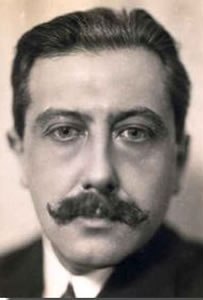A Quote by Boris Pasternak
Salvation lies not in the faithfulness to forms, but in the liberation from them.
Quote Topics
Related Quotes
The true liberation of eroticism lies in accepting the fact that there are a million facets to it, a million forms of eroticism, a million objects of it, situations, atmospheres, and variations. We have, first of all, to dispense with guilt concerning its expansion, then remain open to it's surprises, varied expressions, and mingle it with dreams, fantasies, and emotion for it to attain its highest potency.
My forms are not abstractions of things in the real world. They're also not symbols. I would say that my job is to invent these forms and to put them together in a way that keeps your interest, to give the forms a quirky identity so you can engage with them, so you realize there's an inner intelligence or logic.
For myself, as, no doubt, for most of my contemporaries, the philosophy of meaninglessness was essentially an instrument of liberation. The liberation we desired was simultaneously liberation from a certain political and economic system and liberation from a certain system of morality. We objected to the morality because it interfered with our sexual freedom.
Another hallmark of Christianity is that salvation is not individualistic-it's not something one person receives for himself or herself. Salvation is the reign of God. It is a political alternative to the way the world is constituted. That's a very important part of the story that has been lost to accounts of salvation that are centered in the individual. But without an understanding that salvation is the reign of God, the need for the church to mediate salvation makes no sense at all.







































